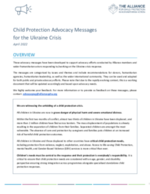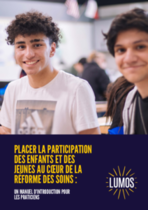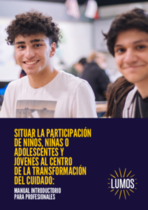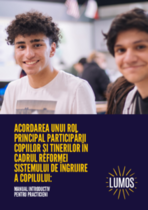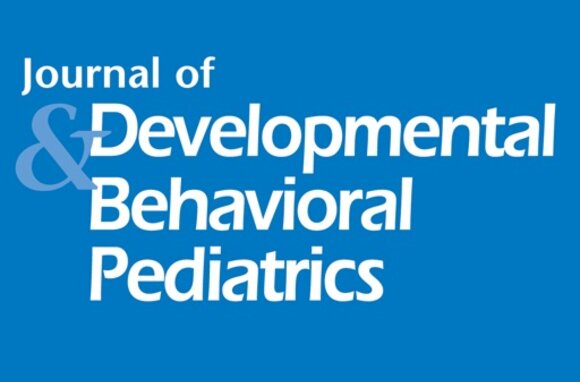Child Protection Advocacy Messages for the Ukraine Crisis
These advocacy messages have been developed to support advocacy efforts conducted by Alliance members and wider humanitarian actors responding to and working on the Ukraine crisis response. The global subgroup on Children's Care and Ukraine, which is co-led by the Alliance's Unaccompanied and Separated Children Task Force (UASC) and the Global Collaborative Platform on Transforming Children's Care, developed the messaging for the UASC section.

